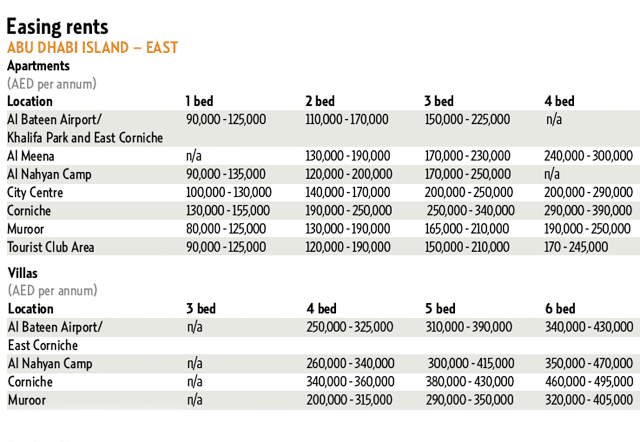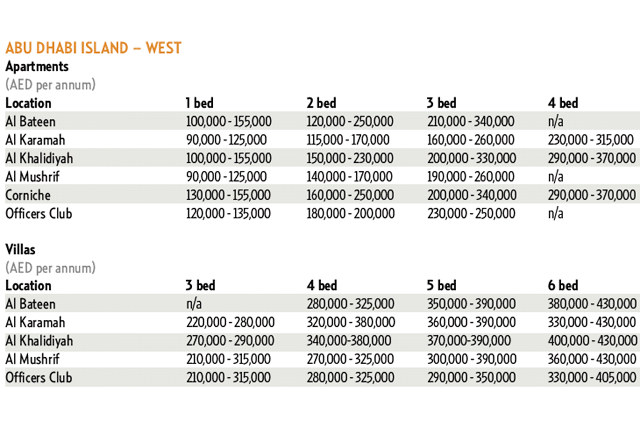
Abu Dhabi: A recent revision in the rent disputes resolution system will ensure the implementation of rulings after responsibility for the process was moved to the judiciary, lawyers said on Sunday.
"This is a great move on the part of the Abu Dhabi Government," said Faiza Mousa, head of Al Faiza Advocates and Legal Consultants, an Abu Dhabi-based firm.
"The Judicial Department is now responsible for the issuance and implementation of rulings, which means enforcement of the law is guaranteed."
The emirate's Judicial Department announced over the weekend it is taking over responsibility of the rent disputes committee, previously under the management of the Abu Dhabi Executive Council.
Under the old arrangement, tenants with complaints filed their cases with the committee but were not always assured of timely implementation of the decisions.
Regulation of Abu Dhabi's property market started in 2006 with decisions to cap annual increases in rent to seven per cent, put in place a three-year moratorium on eviction as long as tenants complied with annual increases, and establish a disputes resolution committee. Since then, the annual increase limit has been lowered to five per cent and the moratorium on evictions has been extended for two more years, a period set to expire this November.
Most importantly, this regulation allows tenants to automatically renew their contracts if they accept the annual increase. Even if landlords do not accept payment, tenants are allowed to deposit their payments with the disputes resolution committee.
"A tenant should not be evicted as long as he did not violate his contract or cause property damage," said Mousa. The current legislation allows landlords to evict their tenants only under certain conditions, including violation of contract terms — such as subleasing their units or missing payments — renovation or demolition of the building, or if the unit is required for personal use.
In each of those cases, legislation has been tightened to ensure the legitimacy of the owners' eviction notice, including written approval from the Abu Dhabi Municipality.
Under the new amendment, judges will head the disputes resolution committee.
"With all due respect to the Executive Council, they have business to attend to that is more pressing than the tenant-landlord relationship," said one local lawyer who declined to be identified.
"The council also does not have the resources to implement rulings, whereas Judicial Department's decisions are obligatory. They have the implementation mechanisms."
Residential properties in Abu Dhabi saw an 18 per cent decline in rental values in the first three quarters of 2009, according to research by Colliers International, a real estate consultancy firm.
The same stretch saw Dubai rental property values drop by almost 40 per cent, according to HC Securities research.
How will this help tenants? Would you take your case to the committee? Have you had any bad experiences with your landlord?














